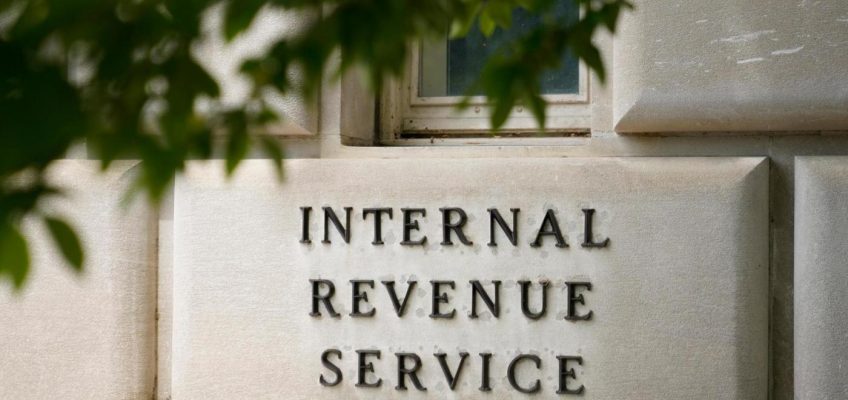By FATIMA HUSSEIN
WASHINGTON (AP) — The IRS says pastors who endorse political candidates from the pulpit should not have to risk losing their tax-exempt status.
The move effectively calls for a carve out for religious organizations from the rarely used IRS rule called the Johnson Amendment, put in place in 1954 and named after then-Sen. Lyndon Johnson.
In a joint court filing intended to end an ongoing case against the IRS, the tax collection agency and the National Religious Broadcasters Association — a Evangelical media consortium — and other plaintiffs have asked a federal court in Texas to stop the government from enforcing the Johnson Amendment against the plaintiffs.
The Johnson Amendment is a 1954 amendment to the U.S. tax code that prohibits tax-exempt organizations, including churches, from endorsing or opposing political candidates.
The Christian media group and others filed suit against the IRS last August, stating that the amendment violates their First Amendment rights to the freedom of speech and free exercise of religion, among other legal protections. On Monday, the IRS and plaintiffs wrote that the Johnson Amendment should be interpreted “so that it does not reach communications from a house of worship to its congregation in connection with religious services through its usual channels of communication on matters of faith.”
The New York Times was first to report the news of the court filing.
The IRS has generally not enforced the Johnson Amendment against houses of worship for speech related to electoral politics.
Related Articles
Impostor uses AI to impersonate Rubio and contact foreign and US officials
US adults want the government to focus on child care costs, not birth rates, poll finds
Biden’s former doctor asks to delay testimony to House panel, citing patient privilege concerns
Migrants deported from US to Salvadoran prison remain under US control, Salvadoran officials tell UN
RFK Jr. promoted a food company he says will make Americans healthy. Their meals are ultraprocessed
President Donald Trump has said he wanted to get rid of the Johnson Amendment and signed an executive order in 2017 directing Treasury to disregard the rule.
“I will get rid of and totally destroy the Johnson Amendment and allow our representatives of faith to speak freely and without fear of retribution,” Trump said at a National Prayer Breakfast in 2017, which is a high-profile event bringing together faith leaders, politicians and dignitaries.
Representatives from the IRS and the National Religious Broadcasters Association did not respond to an Associated Press request for comment.
Earlier this year, Republican lawmakers introduced legislation to remove the Johnson Amendment.


Leave a Reply